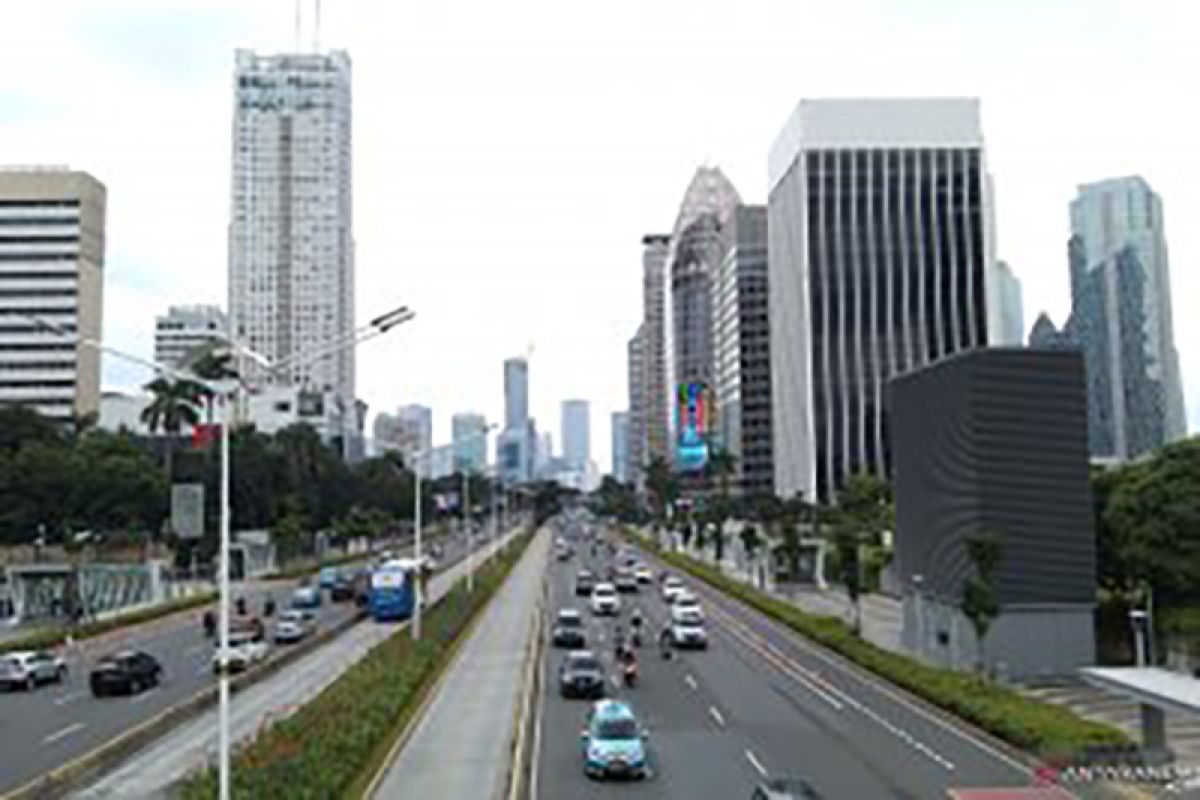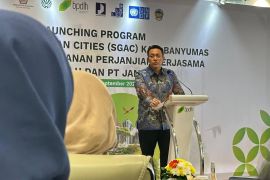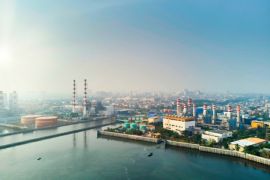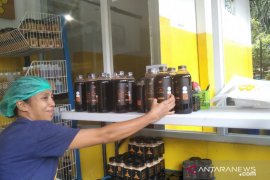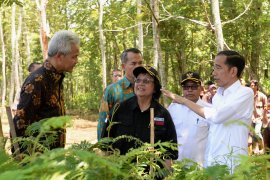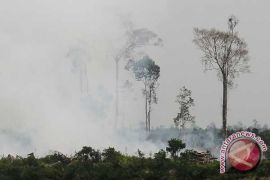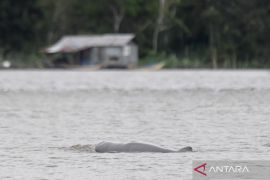Apart from making a separate carbon tax legislation from the Tax Bill Revisions (RUU KUP), he also suggested the option of changing carbon tax to carbon tariff.
"There's also confusion on where will carbon tax fit. Broadly speaking, there are only two (taxes), PPh (Income Tax) and PPN (Value Added Tax). Carbon tax fits neither of them," Akbar said when contacted by ANTARA here on Wednesday.
At the moment, carbon tax has garnered attention among experts within the RUU KUP's formulation process, he noted. Carbon tax has also been rejected by industry players, he said.
Through the regulation's revision, the government plans to collect carbon tax from 2022, he said.
The law states that the carbon tax will apply to individuals or entities who purchase goods containing carbon and/or conduct activities that produce carbon emissions, he elaborated.
During a meeting with Commission IX of the House of Representatives (DPR) on June 29, 2021, Financial Minister Sri Mulyani Indrawati had said that the imposition of a carbon tax would hopefully support Indonesia's commitment to reducing greenhouse gas emissions by around 26 percent by 2021 and 29 percent by 2030.
However, Akbar said he views RUU KUP as a whole as a breakthrough in tax reforms. He deemed RUU KUP as the biggest reform in the history of Indonesia's taxation.
"Because there has never been a tax reform that is this comprehensive. A lot of things have been modified, from PPN, AMT, GAAR, to tax crime, and so on," he explained.
The tax observer said he expects PPN facilities reformation to add the most to tax revenues once the latest RUU KUP is implemented. (
Related news: Fossil energy increases CO2 and greenhouse gas emissions: UI professor
Related news: Minister hails US support to Indonesia for zero carbon emissions
Translator: Sanya Dinda Susanti/Satyagraha
Editor: Suharto
Copyright © ANTARA 2021
